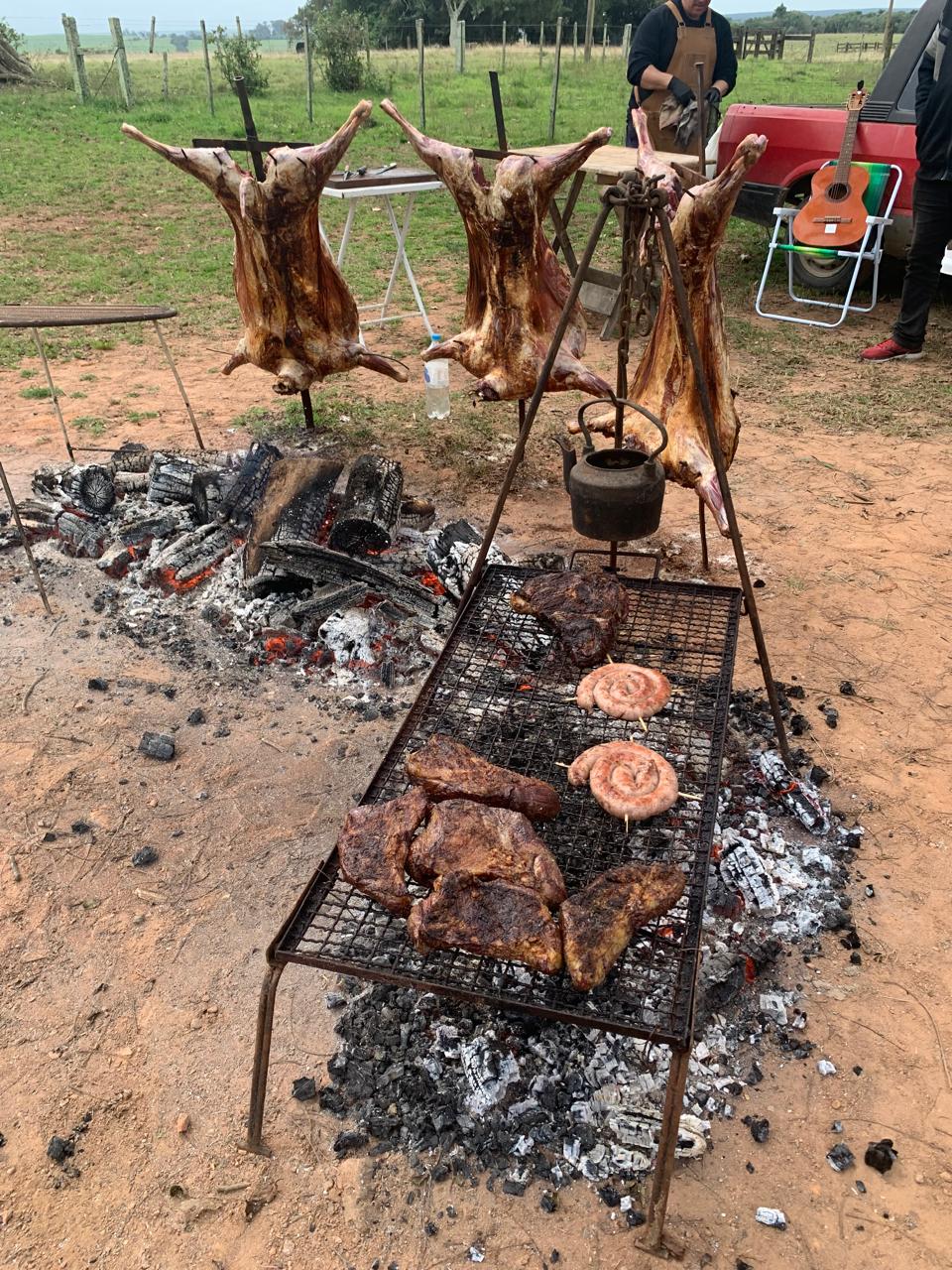Circular Economy in Hospitality Operations and Its Connection to the Environmental Aspect of ESG
Practices at Sítio Crescer Accommodation on the Via Orgânica Route [Garibaldi, RS, BRAZI]
DOI:
https://doi.org/10.18226/21789061.v16i4p750Keywords:
Tourism, Guesthouse, Circular Economy, Environmental, Social and Governance [ESG], Garibaldi, RS, BrazilAbstract
Concerns about sustainability have been documented by researchers, institutions, and organizations worldwide for several decades. In 2004, the Environmental, Social, and Governance (ESG) movement emerged, signaling a new model of economic development. These concerns seek to balance economic development with the interests of environmental preservation, along with social, economic, and governance issues. In light of this, the objective of this research was to identify how the practices implemented in an organization within the hospitality sector are connected to the circular economy, based on the environmental principles of ESG. The methodology used was descriptive research, utilizing a case study and a qualitative approach. Data were collected through a semi-structured interview and analyzed using content analysis. The main findings revealed the presence of circular economy principles within its practices and management model, particularly in the environmental aspect of ESG. From the conception of the business to the materials utilized, the furniture, relationships with guests, suppliers, and employees, as well as interactions with the community, it was possible to identify a systemic concern with the environmental aspect of ESG through circular economy practices. The careful management of resources, encouragement of material reuse, strengthening of the local value chain, and collaboration with regional producers illustrate how small businesses can act as catalysts for sustainable change in the tourism sector.
Downloads
Published
How to Cite
Issue
Section
License
Autores que publicam nesta revista concordam com os seguintes termos:
Os Autores mantém os direitos autorais e concedem à revista o direito de primeira publicação, com o trabalho simultaneamente licenciado sob a Creative Commons Attribution License que permitindo o compartilhamento do trabalho com reconhecimento da autoria do trabalho e publicação inicial nesta revista.
Autores têm autorização para assumir contratos adicionais separadamente, para distribuição não-exclusiva da versão do trabalho publicada nesta revista (ex.: publicar em repositório institucional ou como capítulo de livro), com reconhecimento de autoria e publicação inicial nesta revista.
Autores têm permissão e são estimulados a publicar e distribuir seu trabalho online (ex.: em repositórios institucionais ou na sua página pessoal) a qualquer ponto antes ou durante o processo editorial, já que isso pode gerar alterações produtivas, bem como aumentar o impacto e a citação do trabalho publicado (Veja O Efeito do Acesso Livre).








